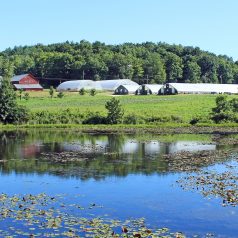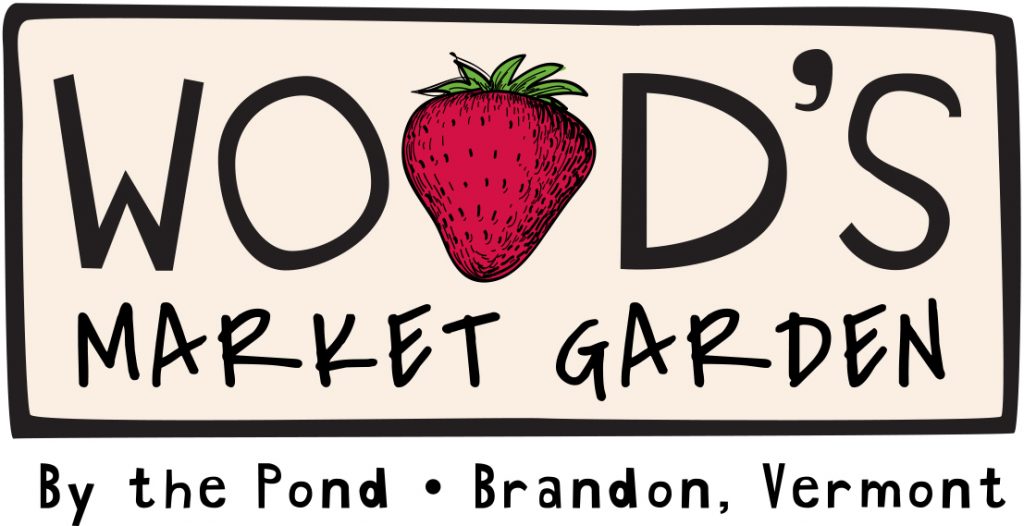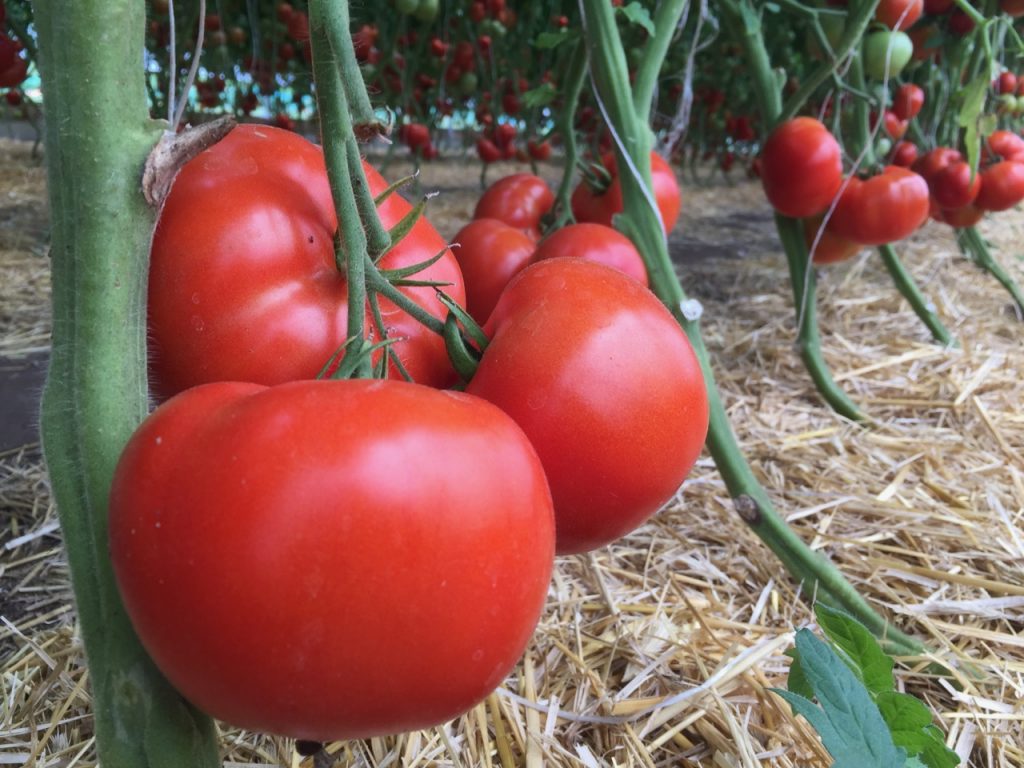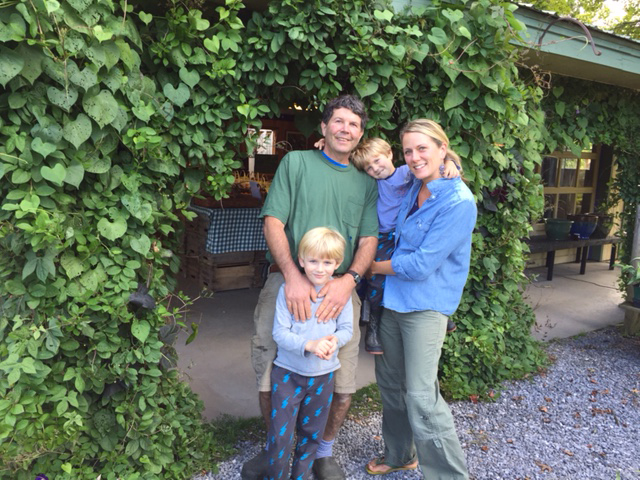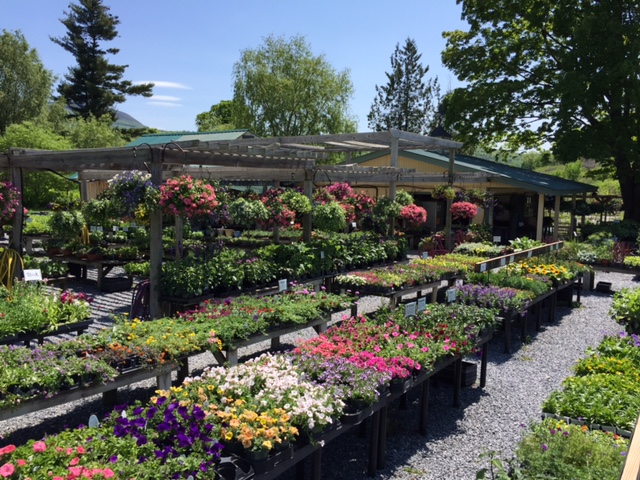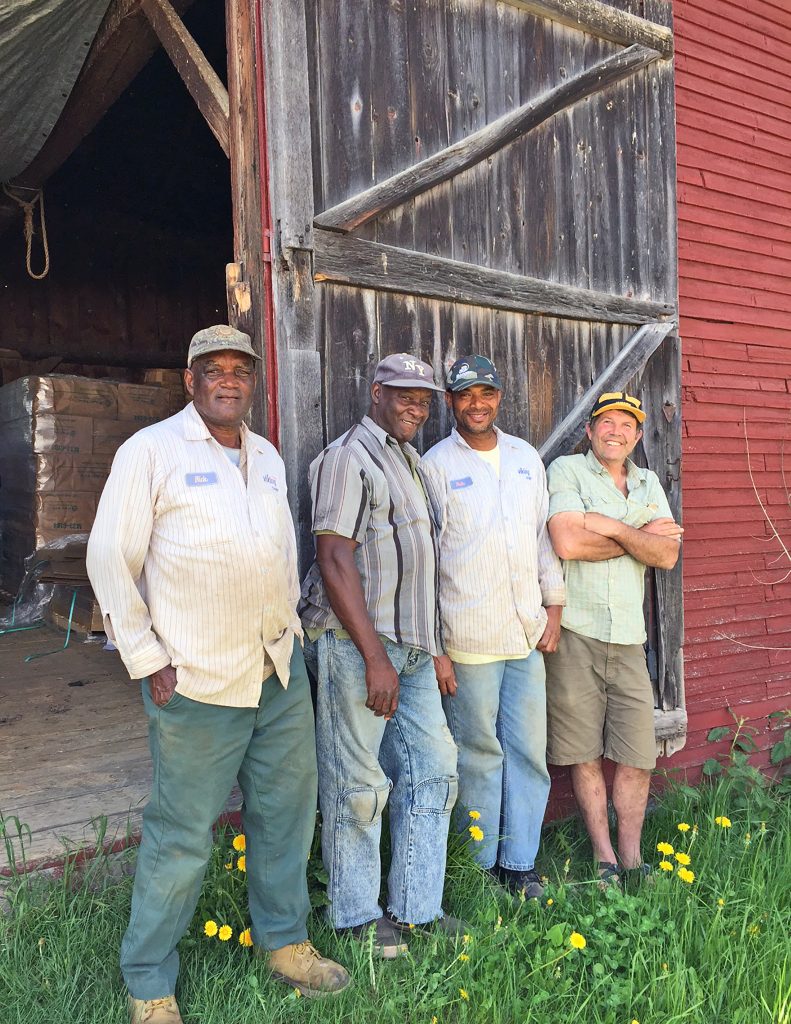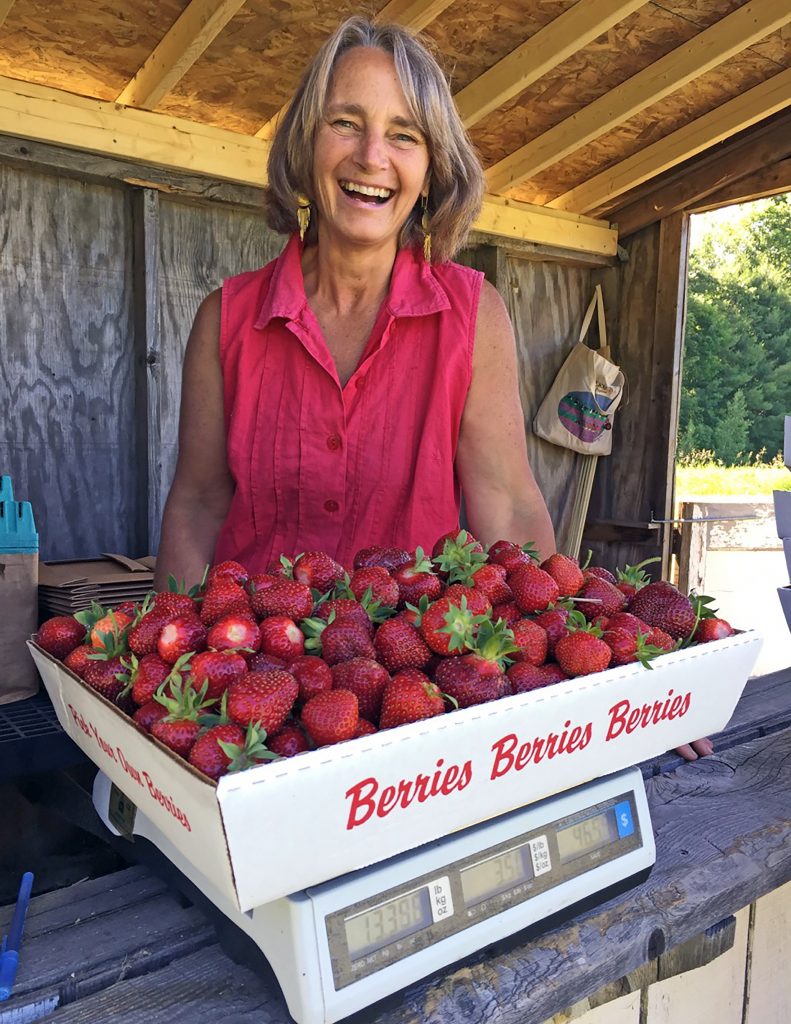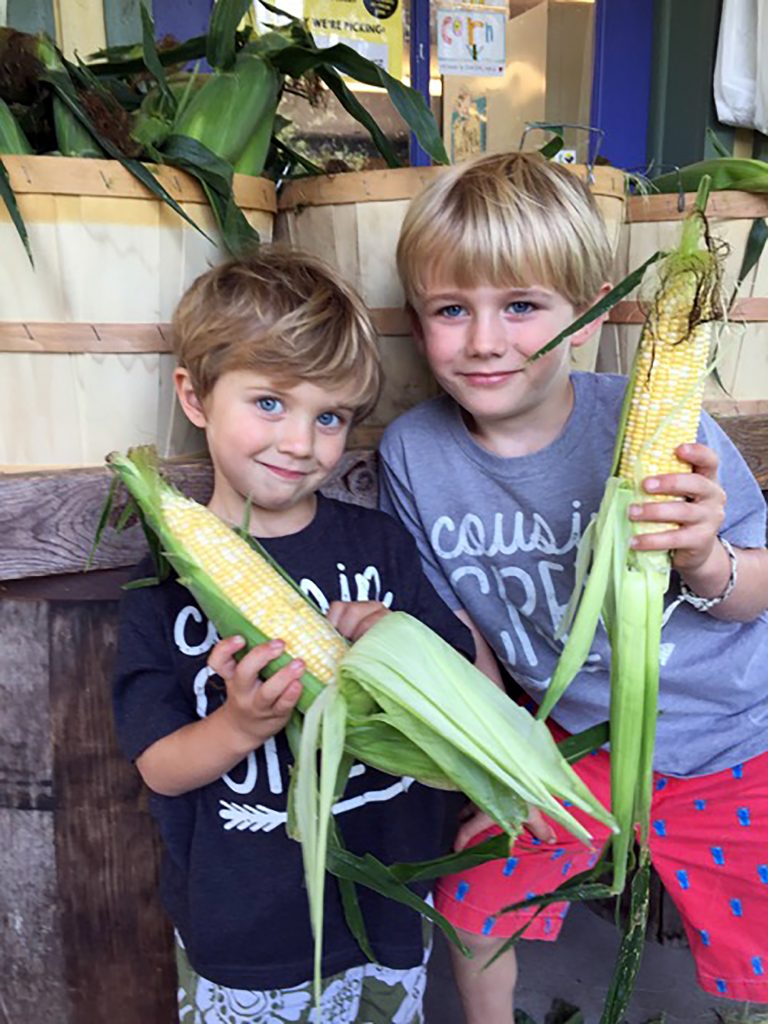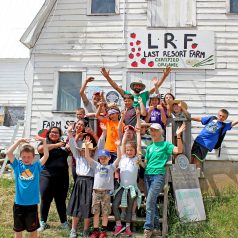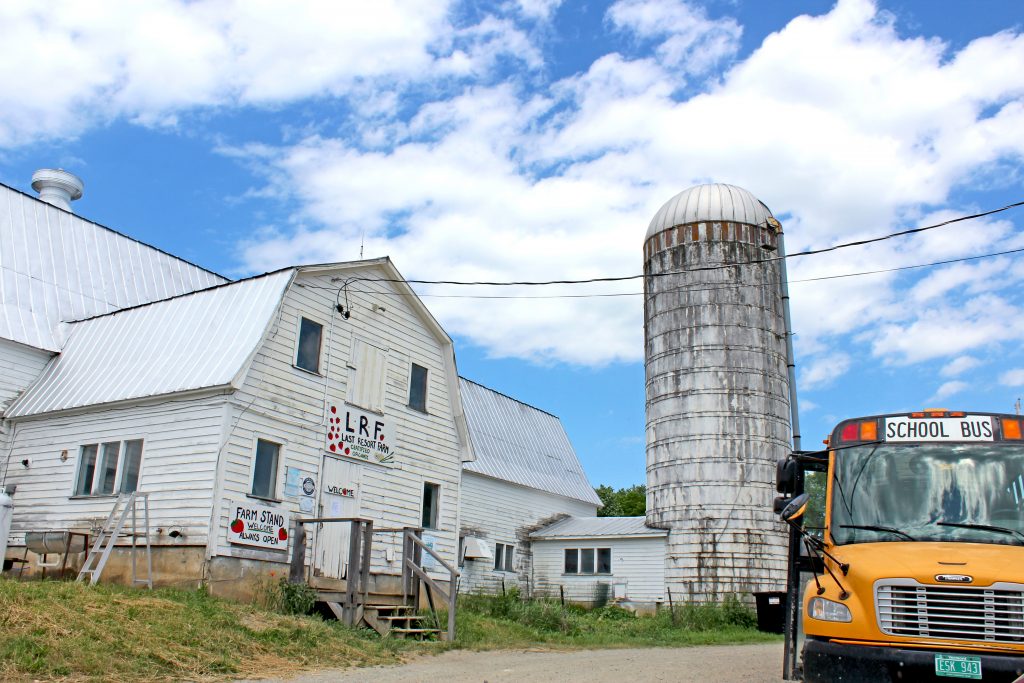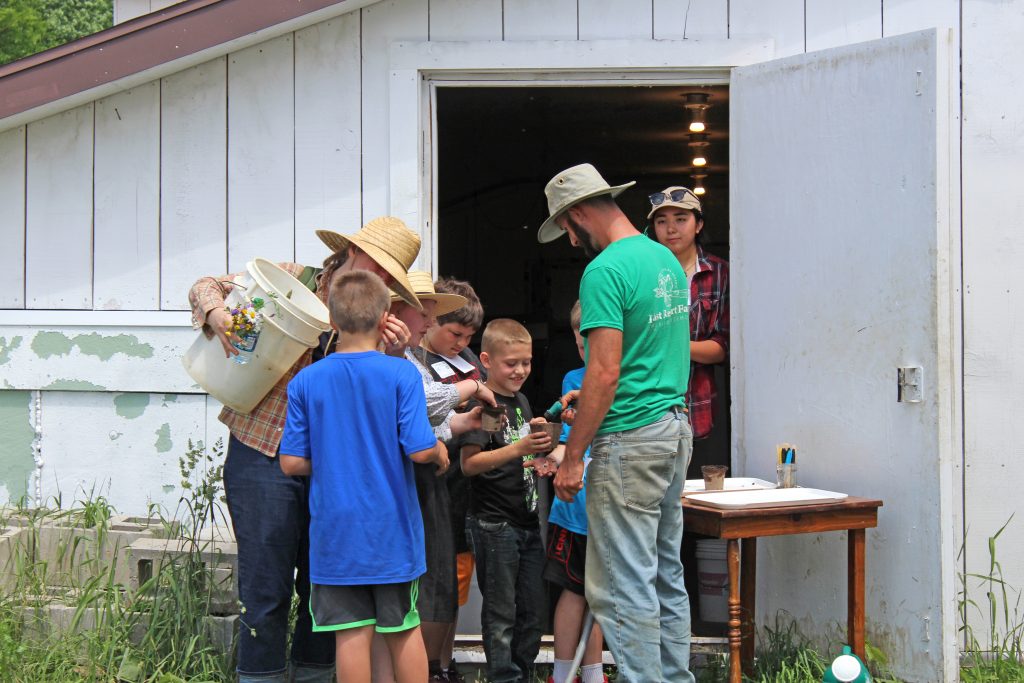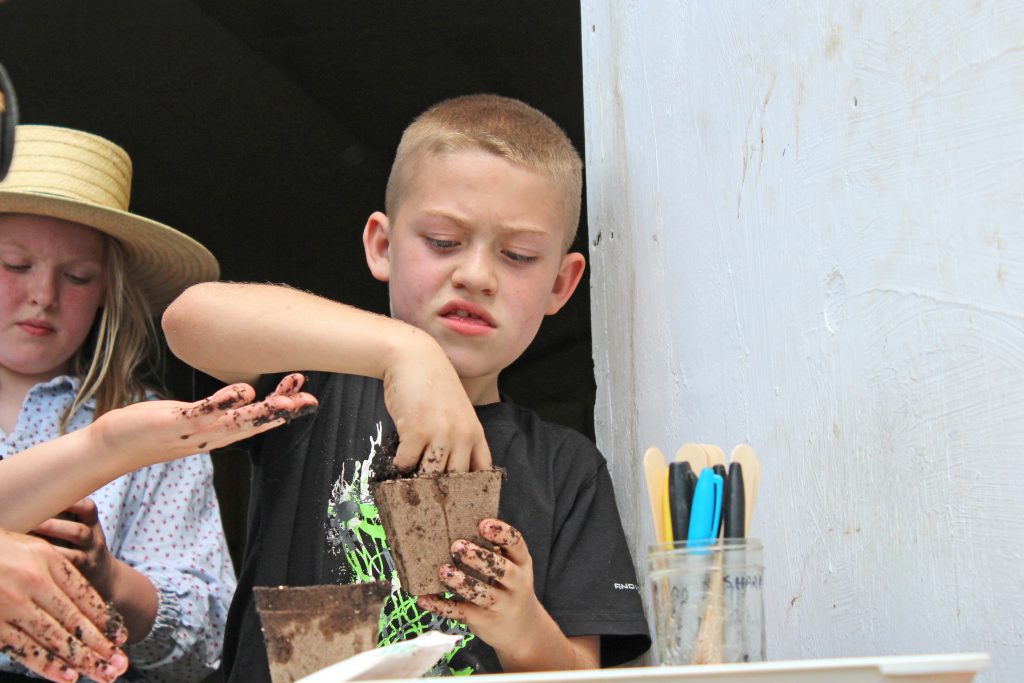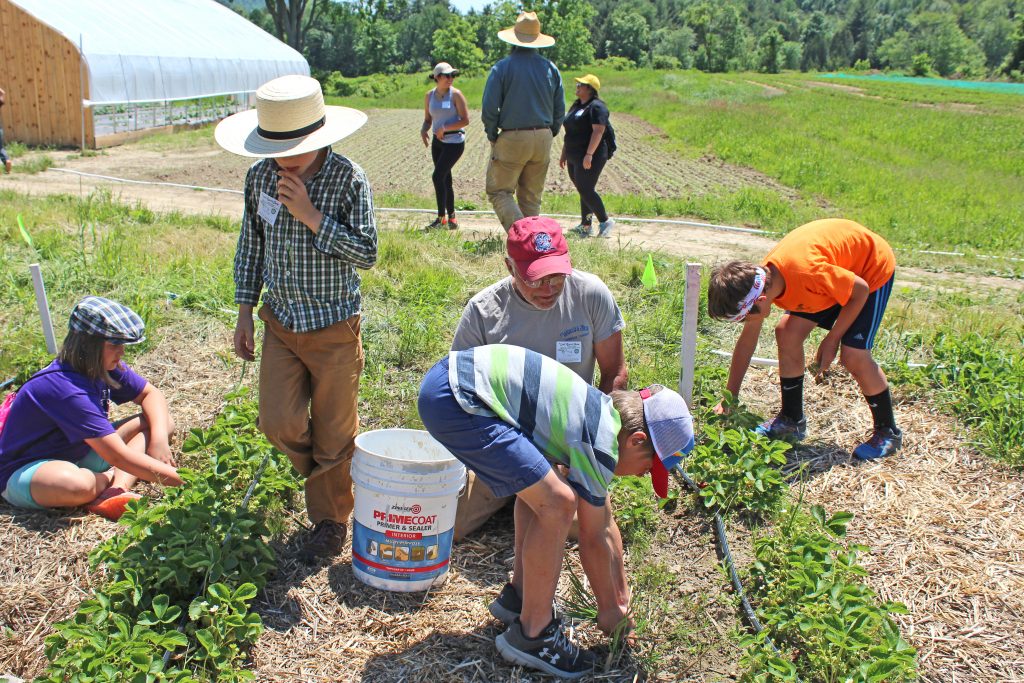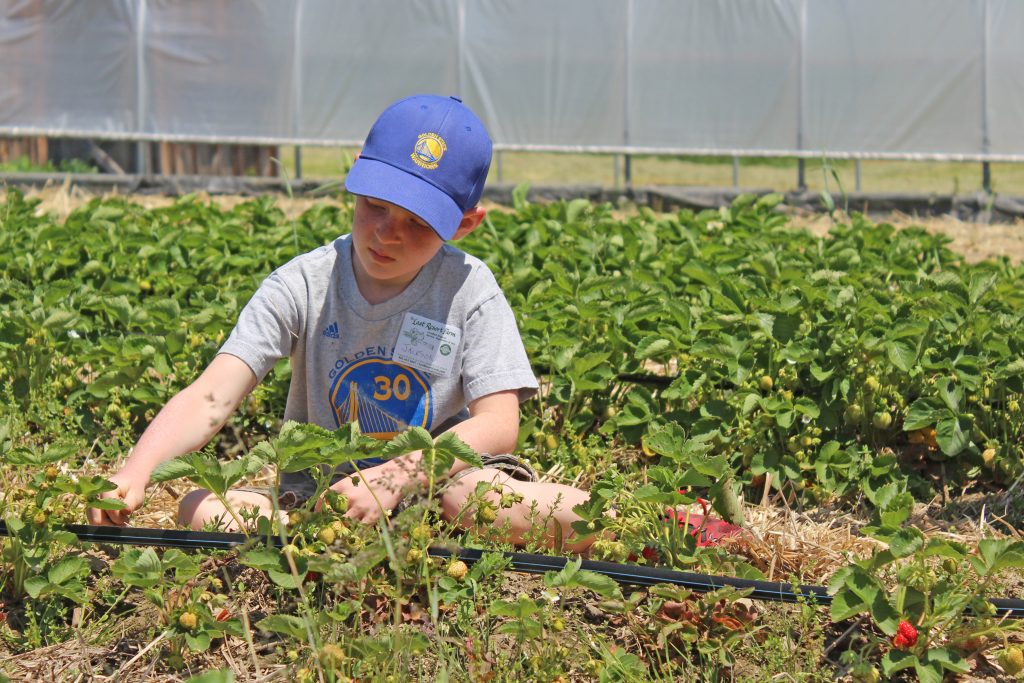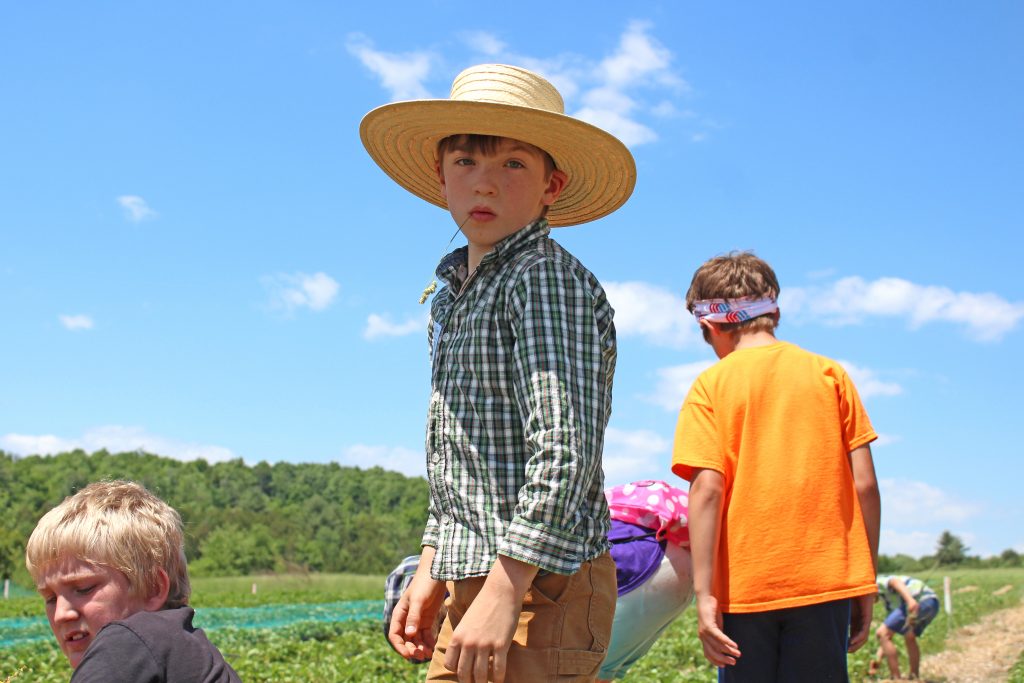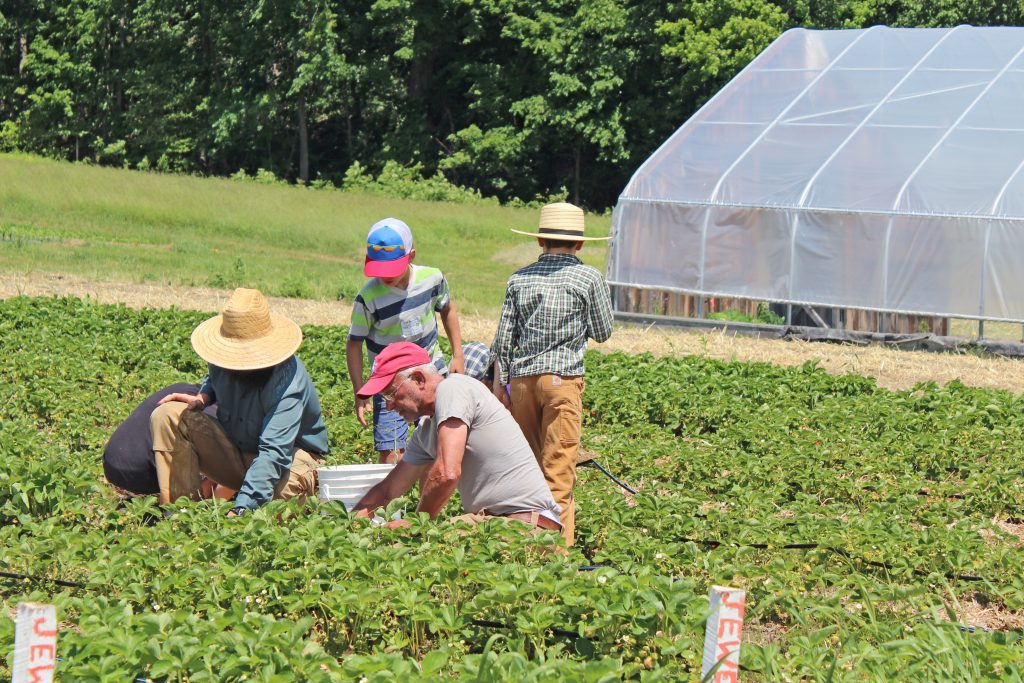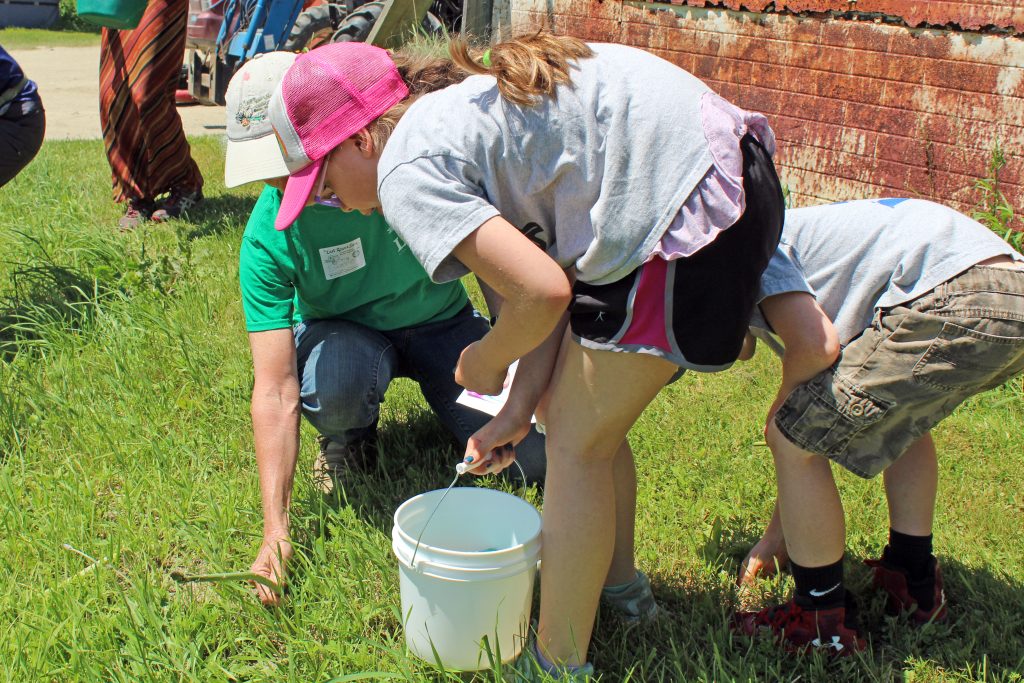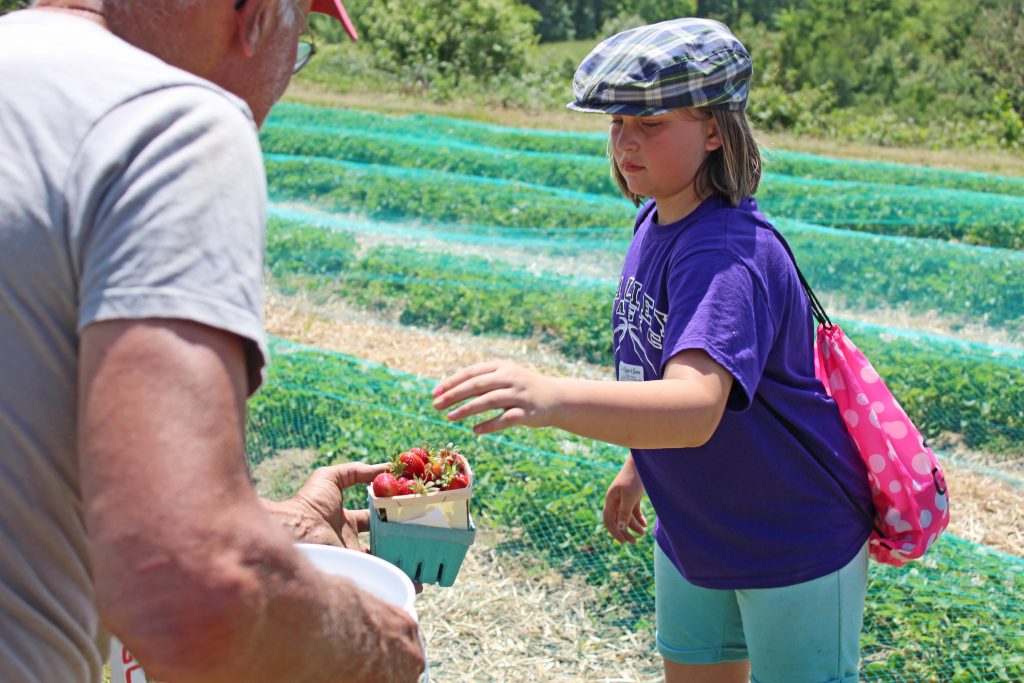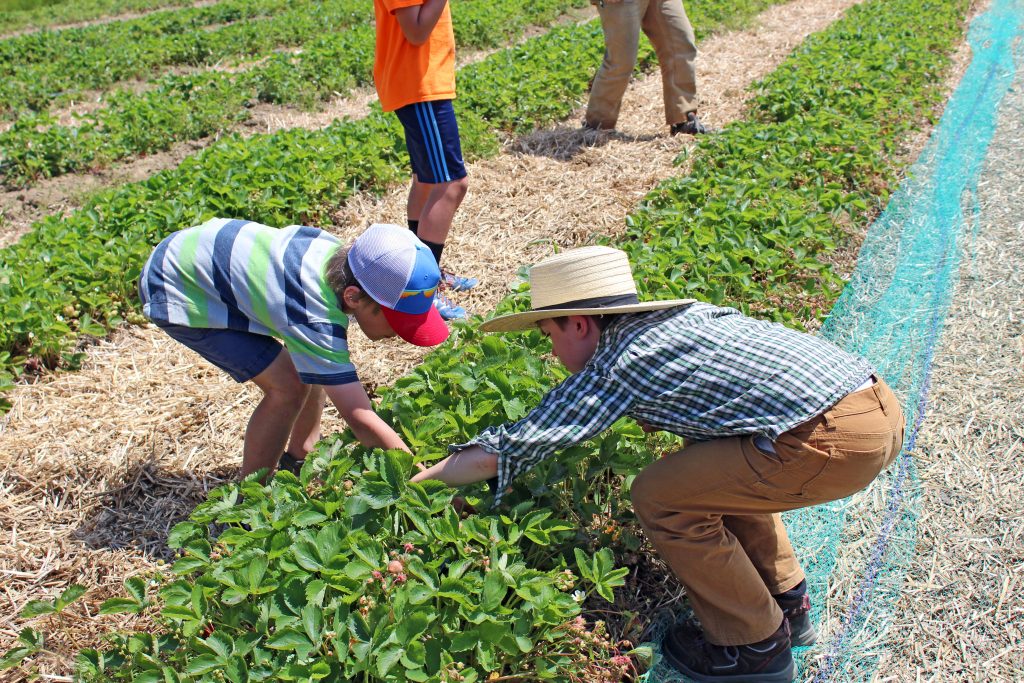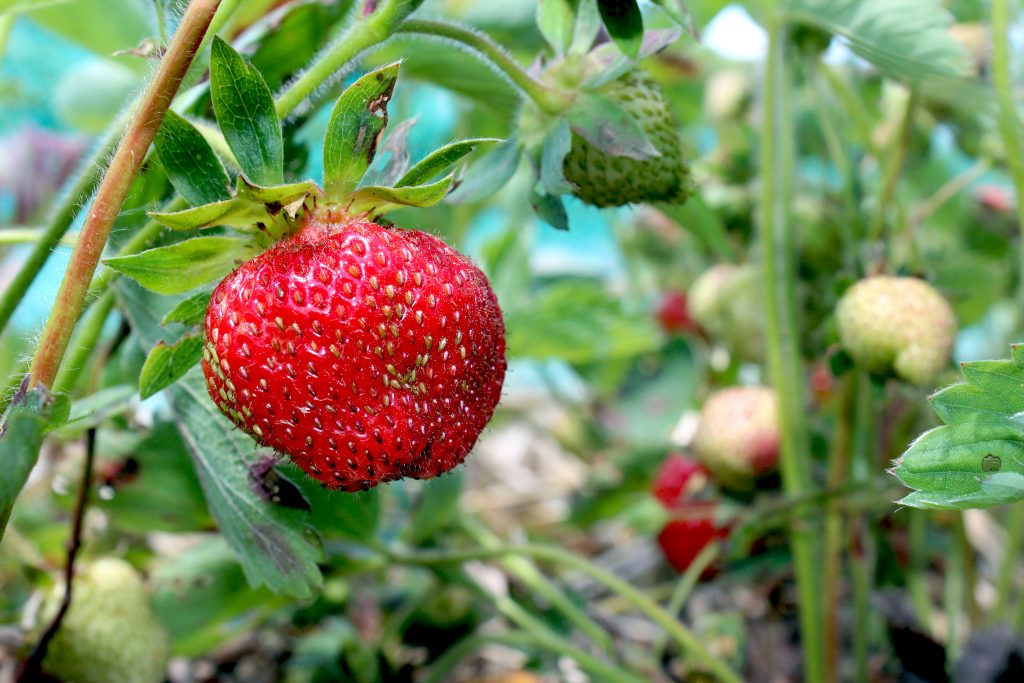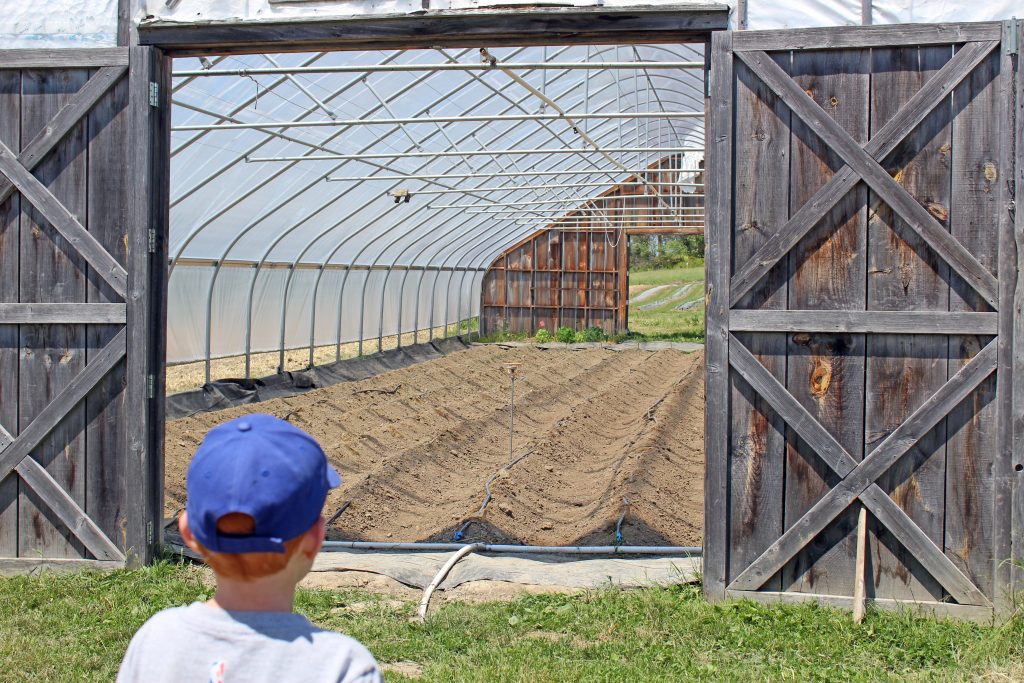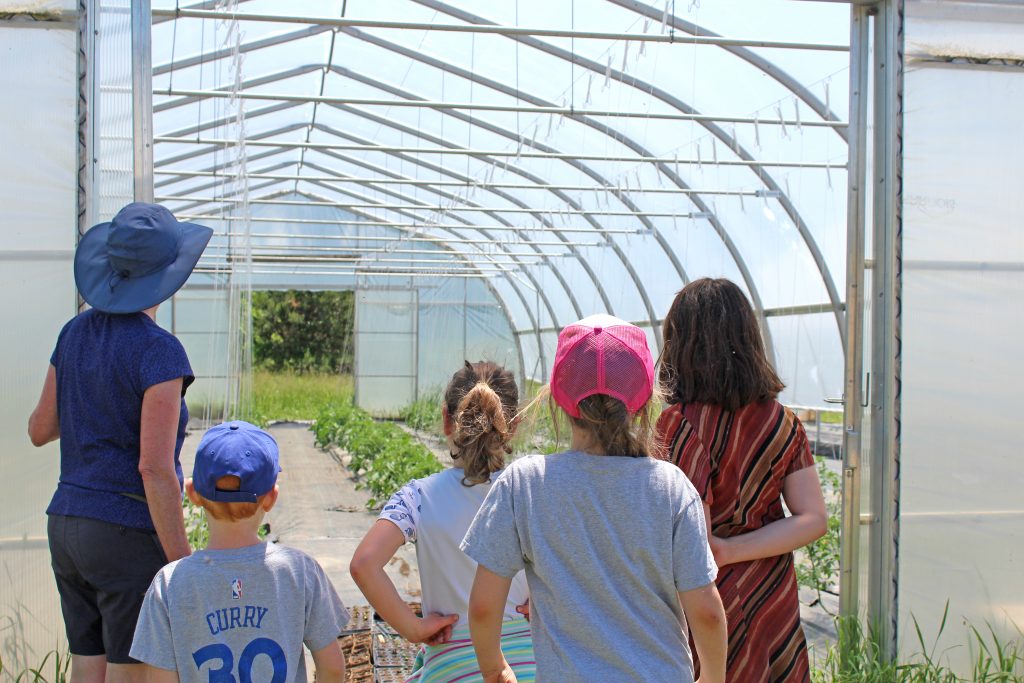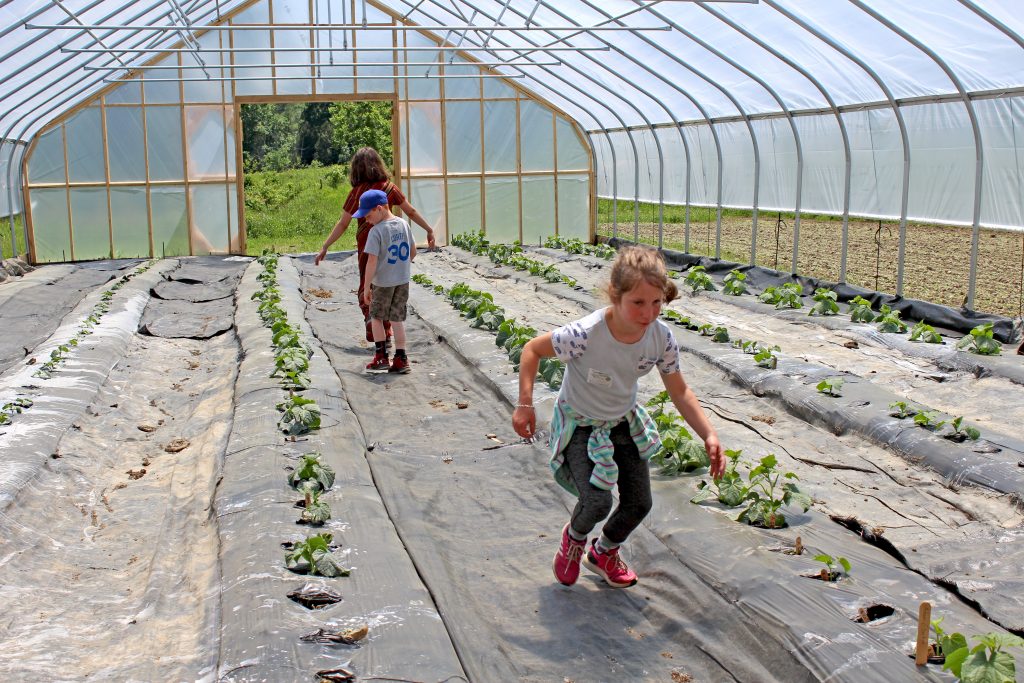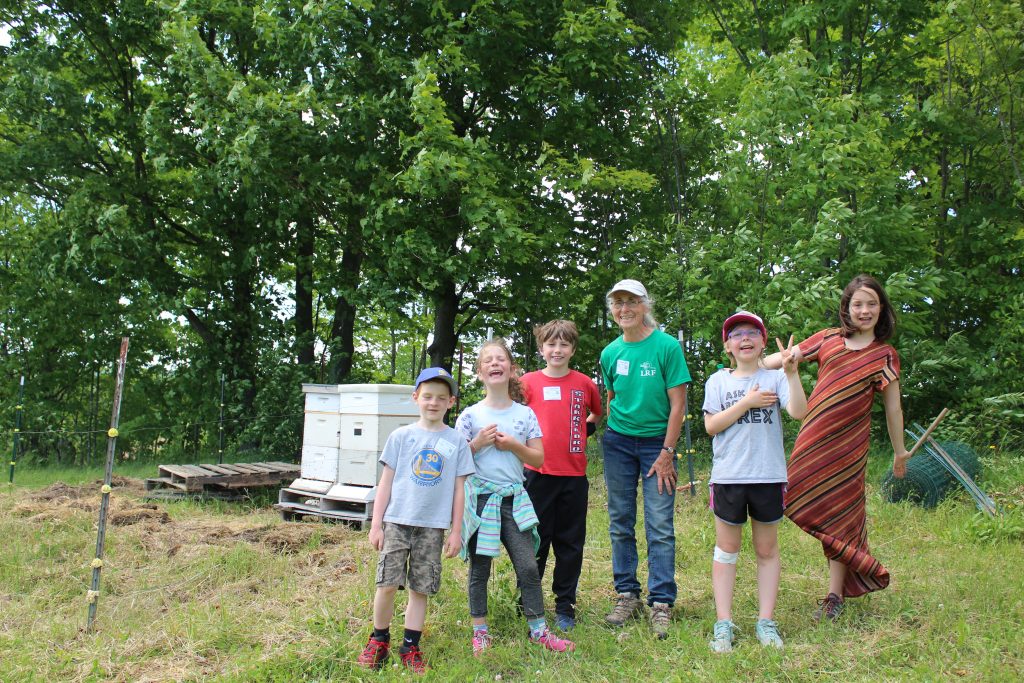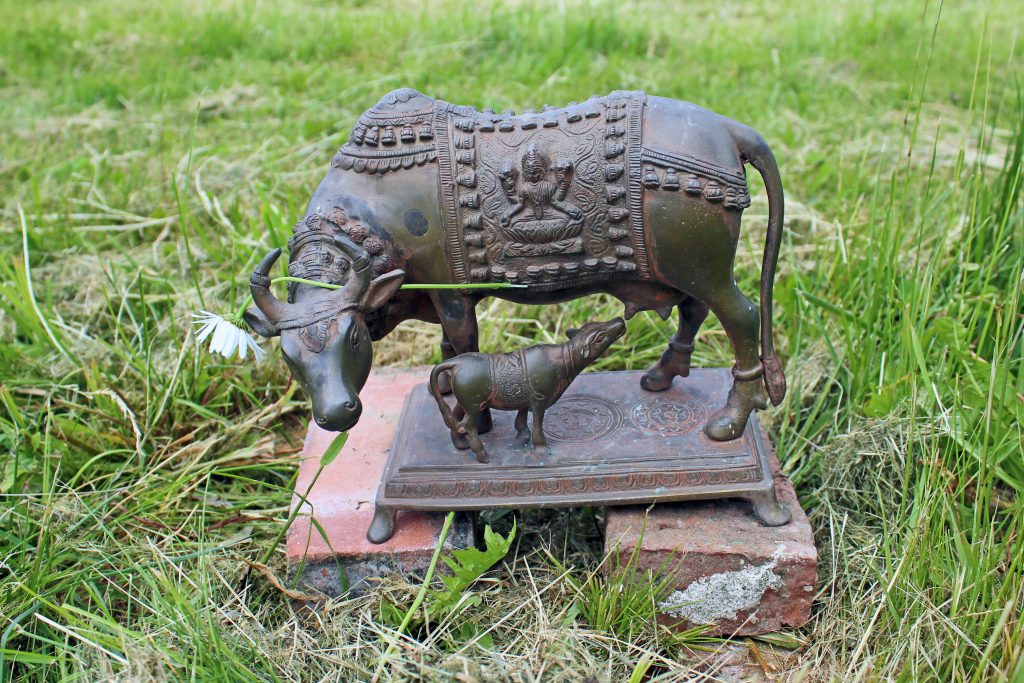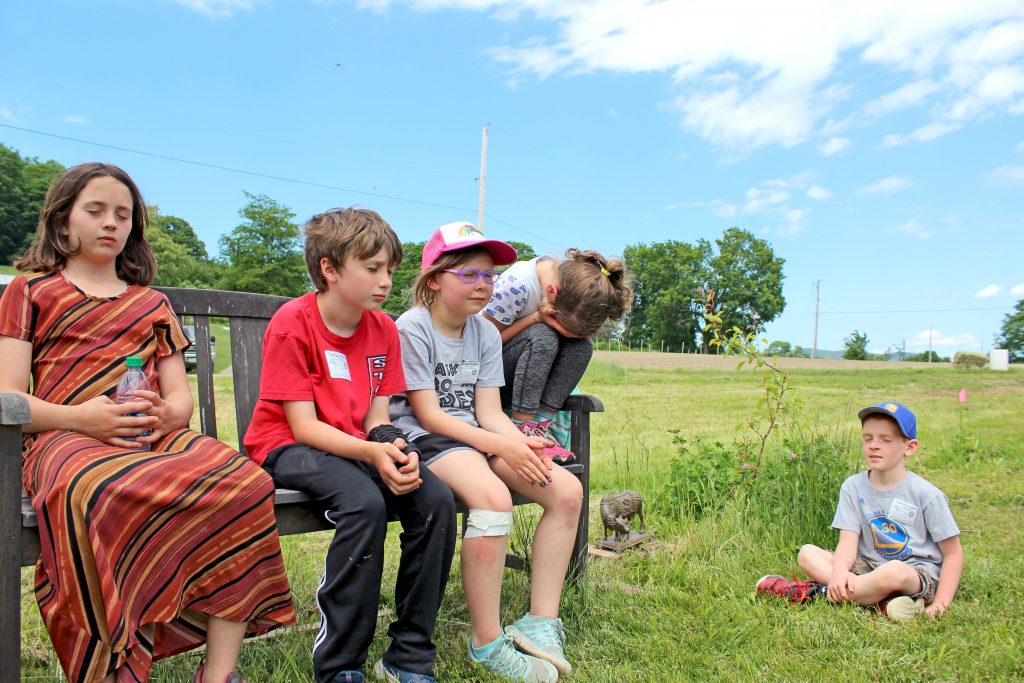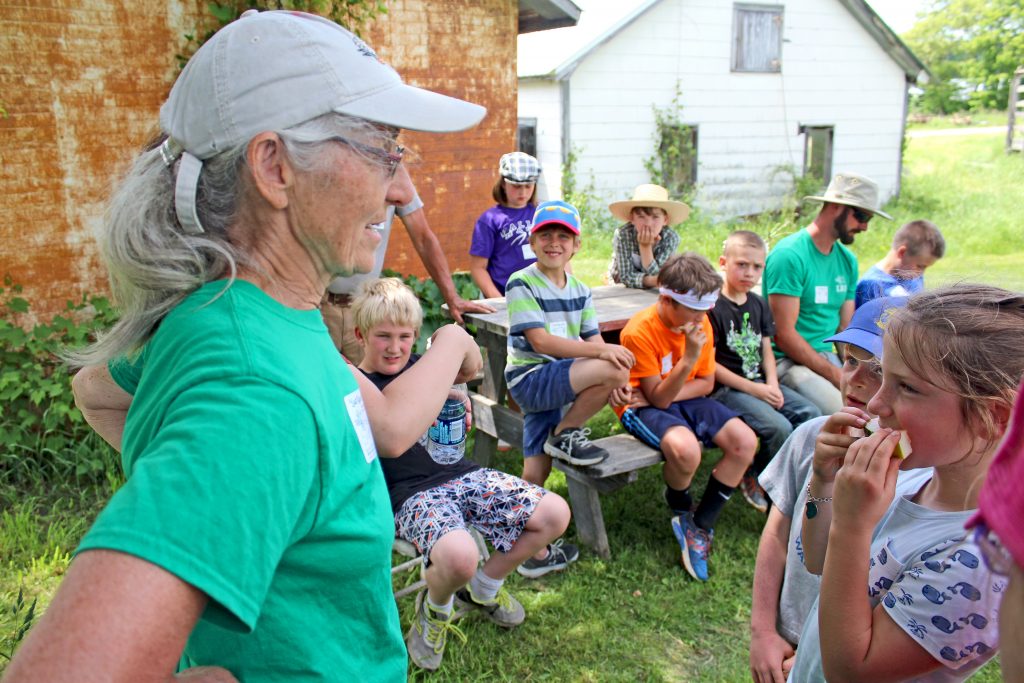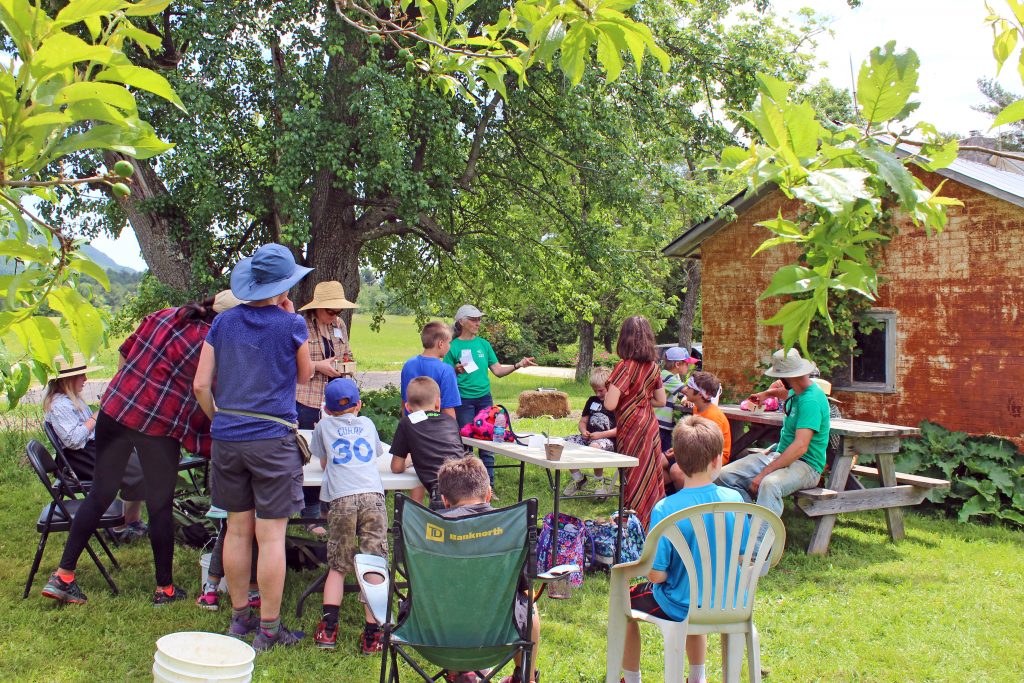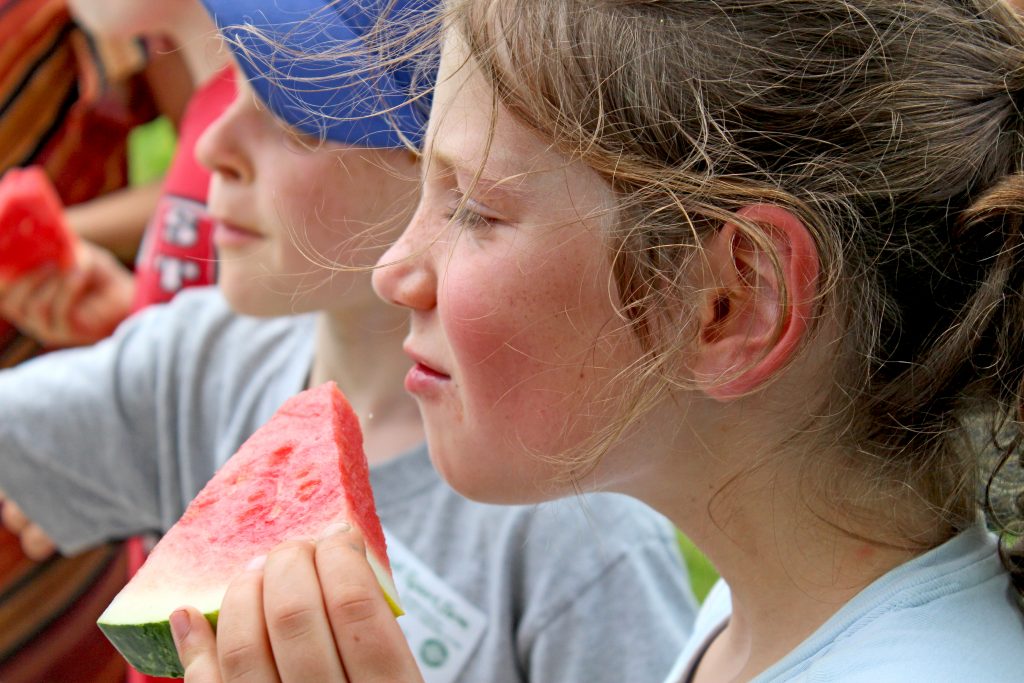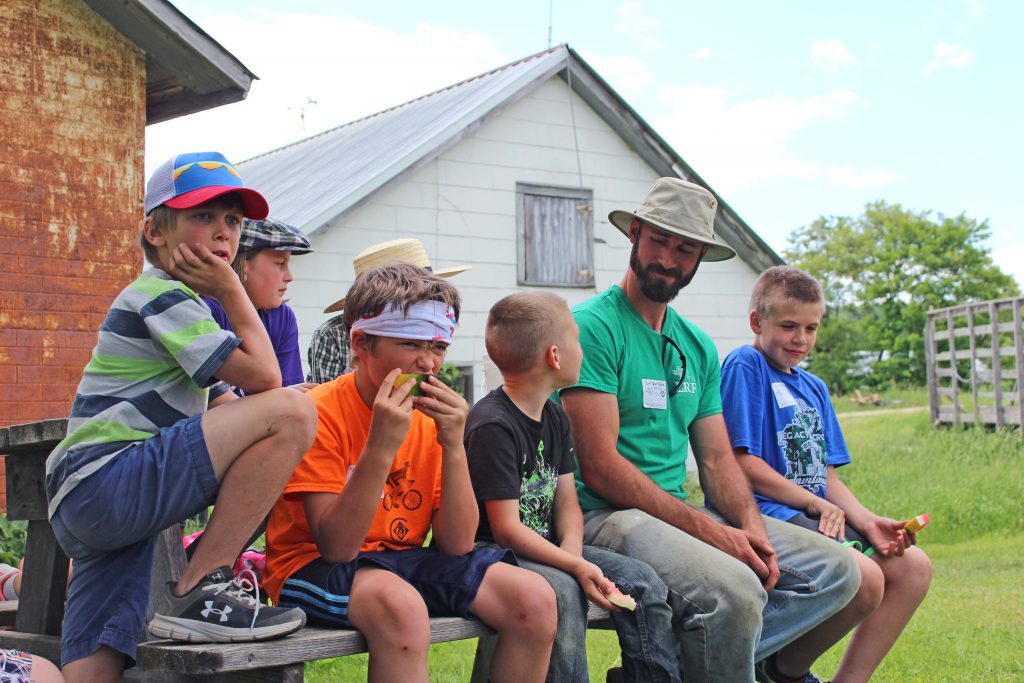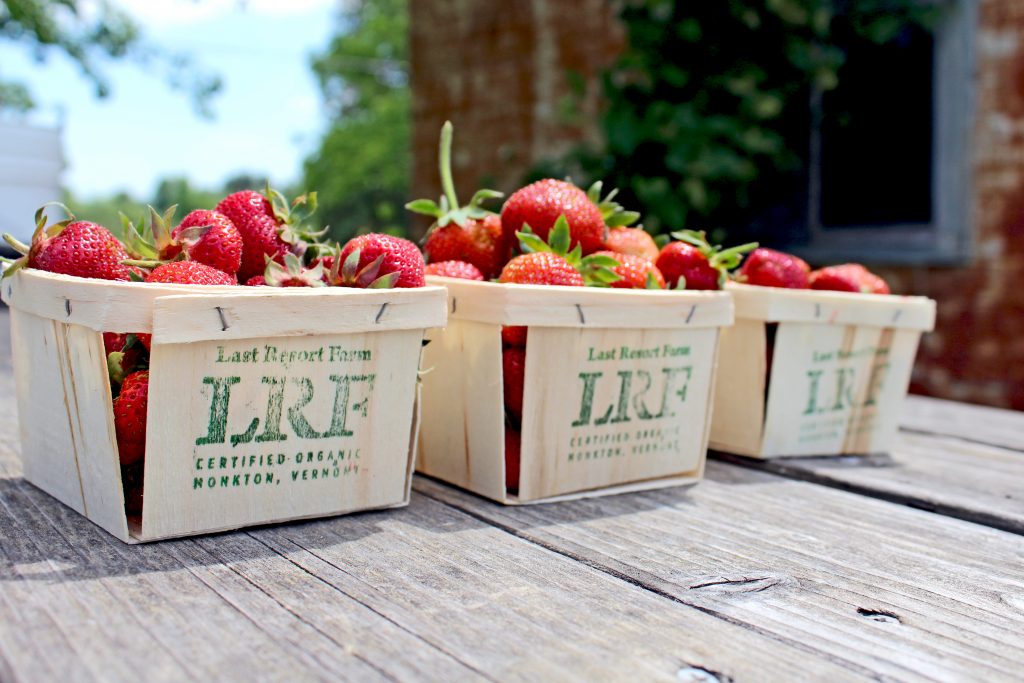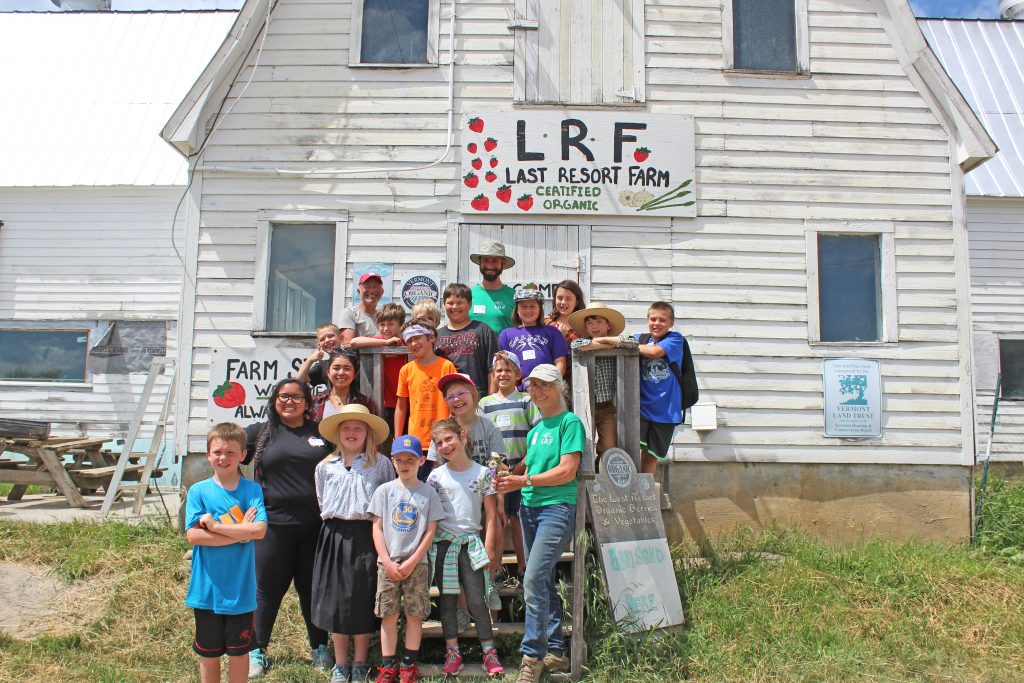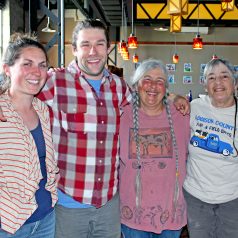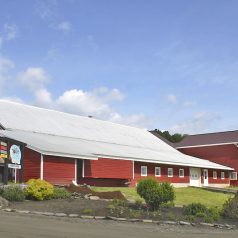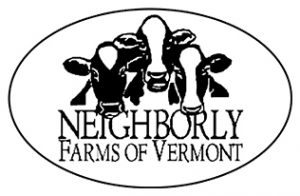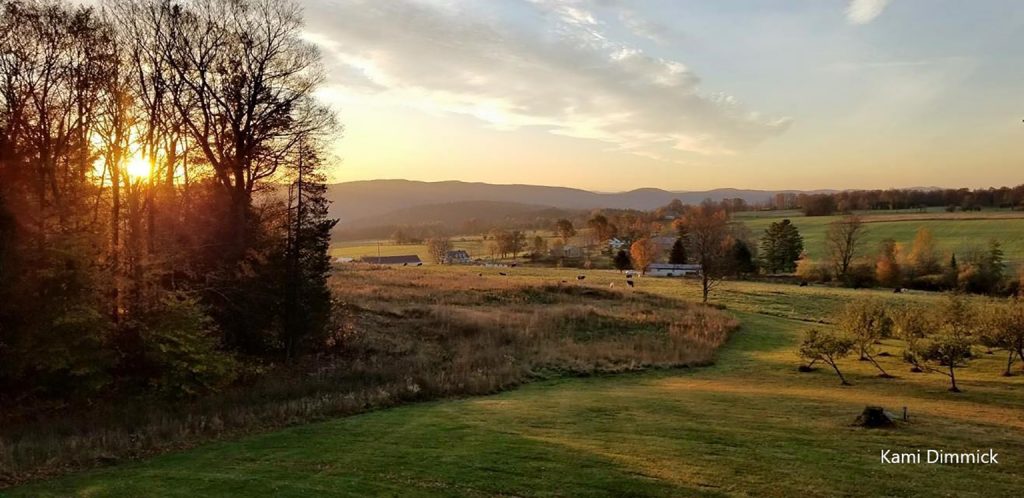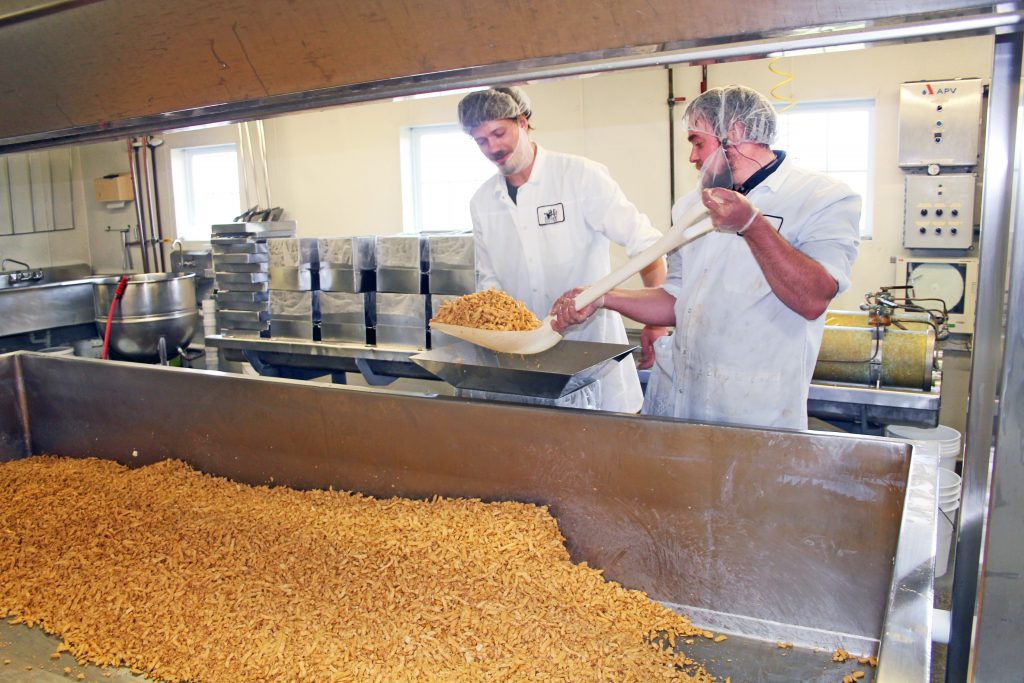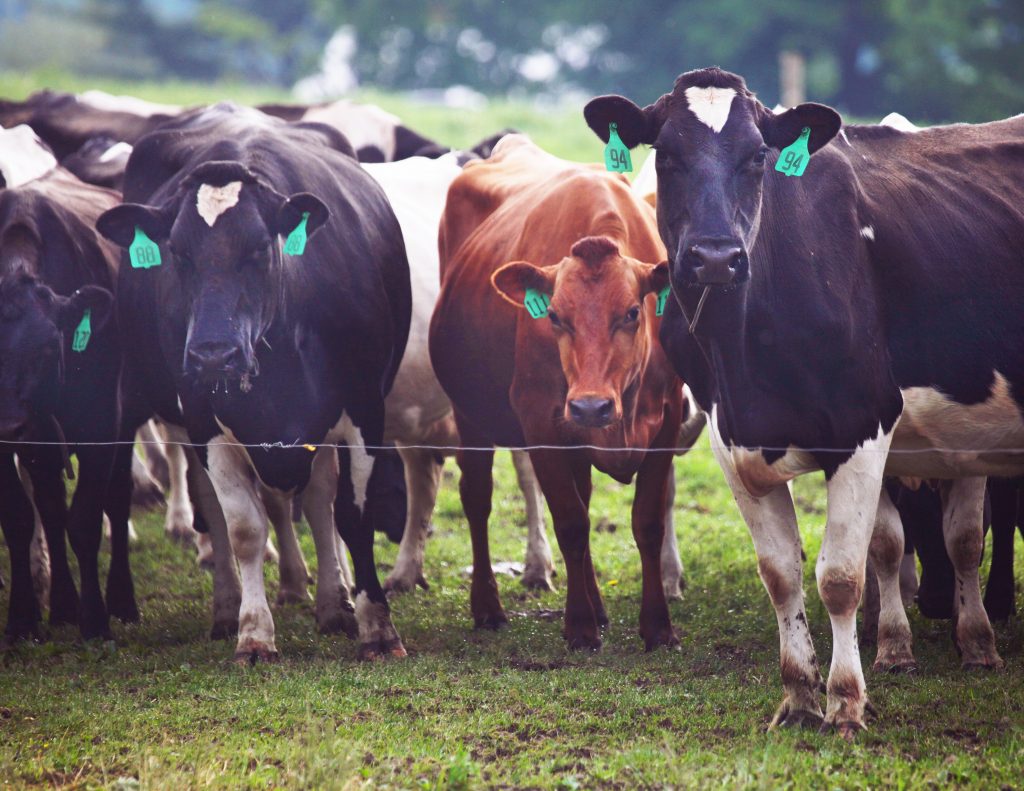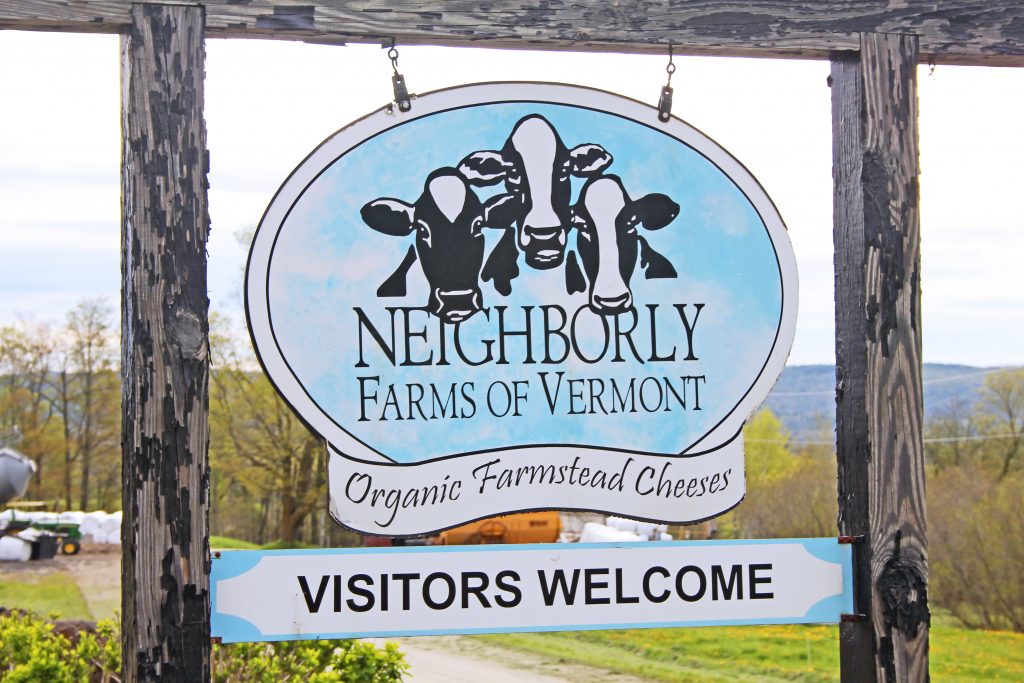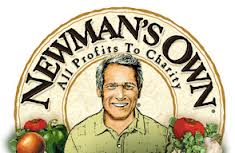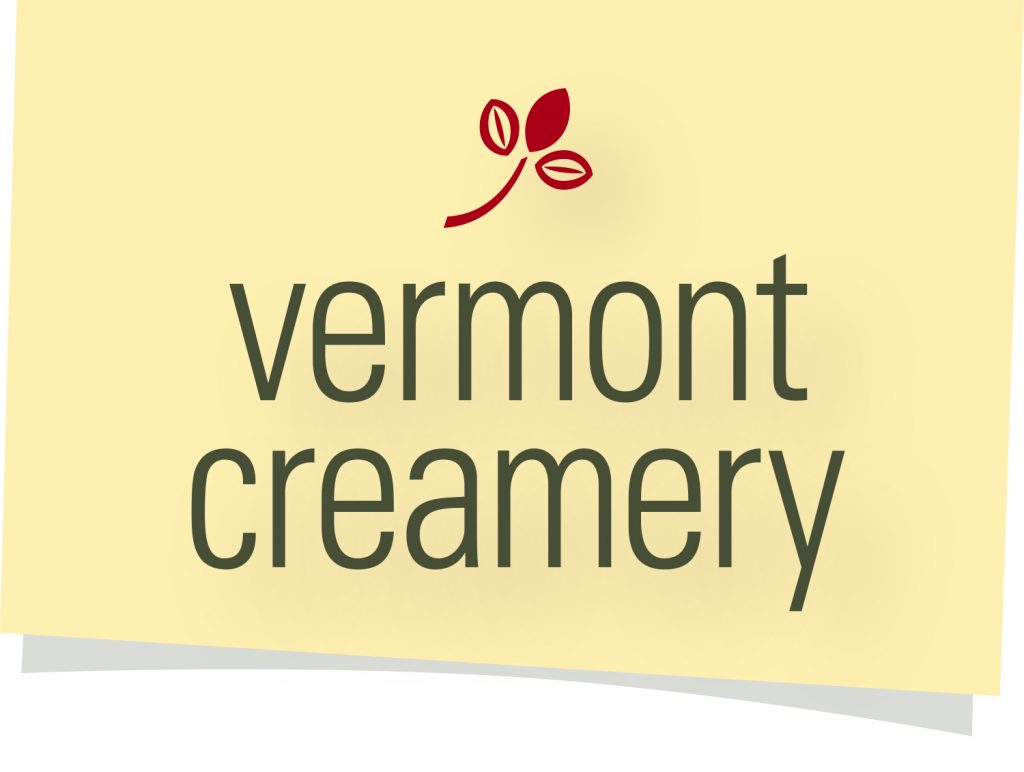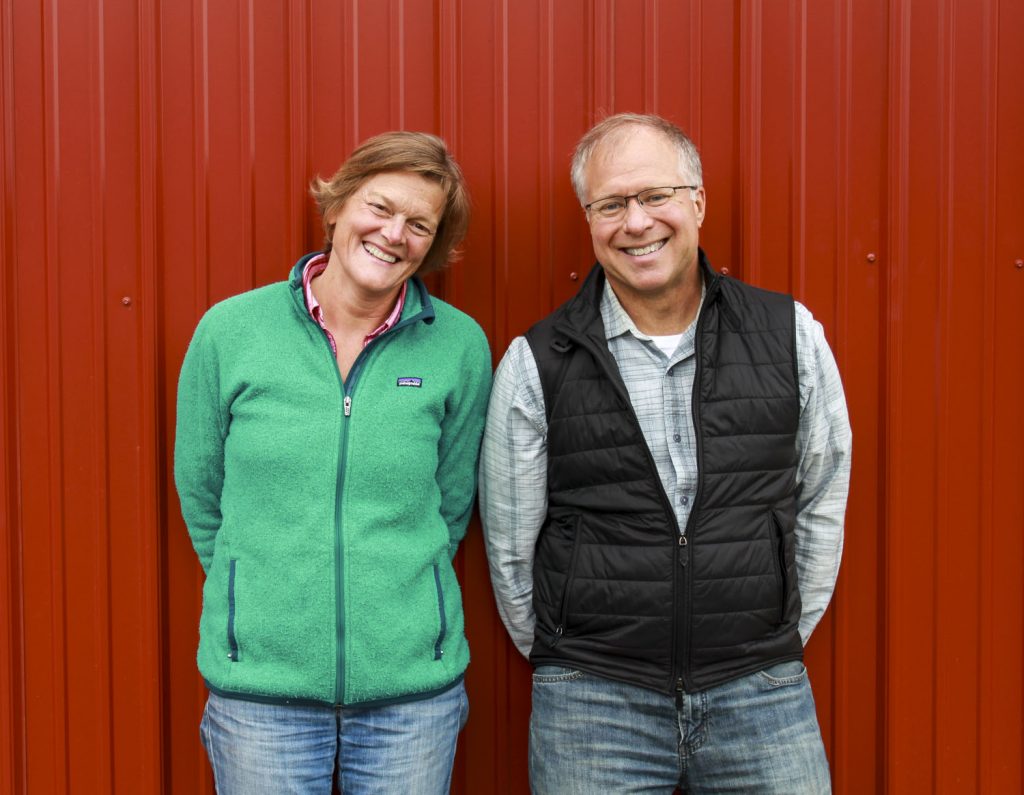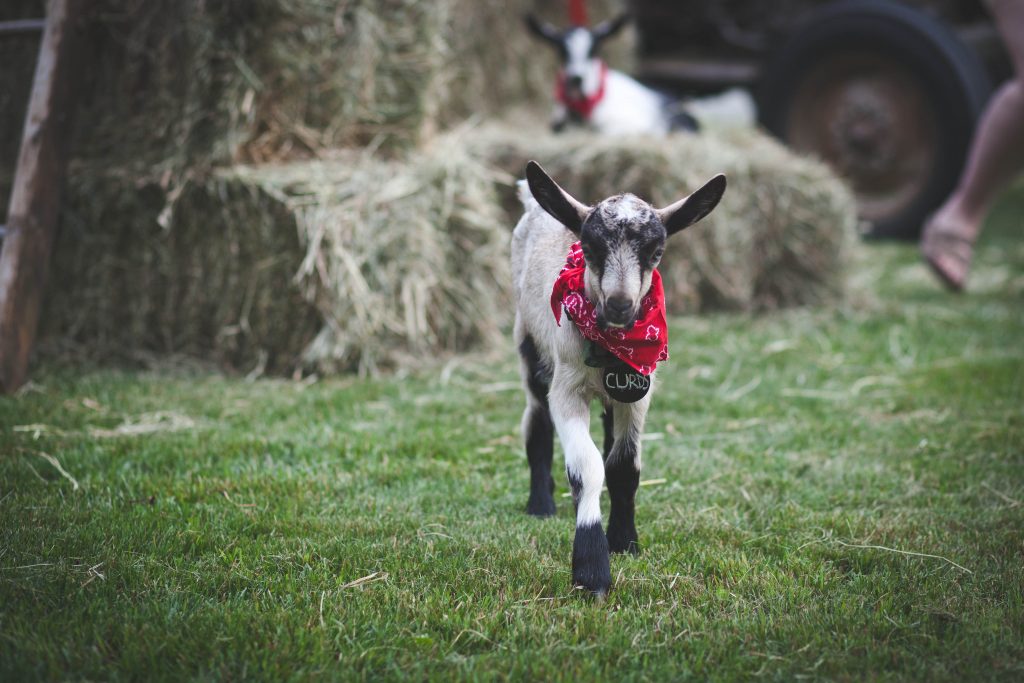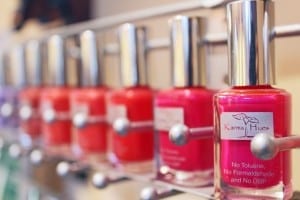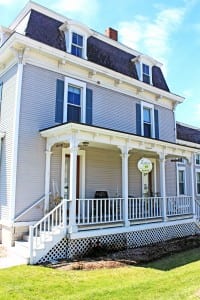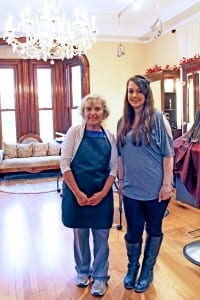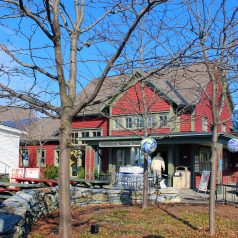
Celebrating International Co-ops Day
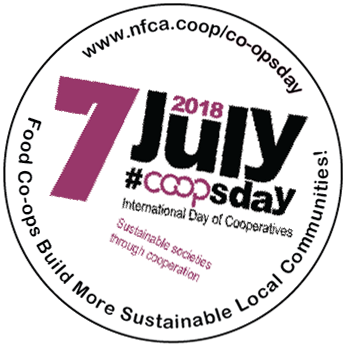
On Saturday, July 7th, we will join co-ops around the world in celebrating International Co-ops Day, joining the United Nations (UN) and the International Co-operative Alliance in a commemoration held annually since 1923. This year, at a time of dramatic change in our climate and local economies, co-ops and credit unions are highlighting how their businesses offer a solution by contributing to more sustainable local communities.
“Co-ops Day is an opportunity for co-ops and their members to celebrate how we contribute locally and globally to address climate change and economic instability,” said Bonnie Hudspeth, Member Programs Manager of the Neighboring Food Co-op Association (NFCA), a federation of more than 35 food co-ops across the Northeast, locally owned by more than 130,000 people from all walks of life. “When community needs are not being met — whether it’s for things like healthy food, credit, jobs, or insurance — co-ops offer a way for people to work together to make the world a better place.”
The theme of sustainability builds on the UN’s 2030 Agenda for Sustainable Development, which seeks to end poverty, fight inequality and injustice, and tackle climate change over the next fifteen years. As democratic, community-based businesses, co-ops have a unique role to play in these efforts.
Here in our region, food co-ops have been at the forefront of efforts to build more resilient and inclusive local economies. And over the past few years, NFCA member co-ops have been working together to share strategies for sustainability. One way that our Co-op is working to contribute to a more sustainable local community was through our recent expansion project. This project allowed us to make many physical improvements to our building envelope and upgrades to our equipment resulting in significant increases in our energy efficiency. Additionally, our larger store has allowed us to serve more community members (membership recently crossed the 5,000 household mark!), support more local farmers and producers, and provide more quality jobs for community members.
Observed internationally on the first Saturday in July, Co-ops Day often coincides with Independence Day celebrations here in the United States. Based on the principle of one member one vote, co-ops reflect American ideals of democracy, mutual self-help, and equality. We appreciated the large number of community members that turned out for our recent Annual Meeting and the excellent voter turnout in our recent Board election. This is democracy in action!
“The co-operative model is unique in that it empowers people to work together to meet their needs though jointly owned, democratically governed businesses,” said Erbin Crowell, NFCA Executive Director. “It should come as no surprise that co-ops have been part of American history from our beginnings and continue to play a key role in building vibrant and sustainable local communities, and a stronger, more resilient economy that works for everyone.”
For more information and a map of food co-ops across the Northeast, please visit www.nfca.coop/coopsday.

